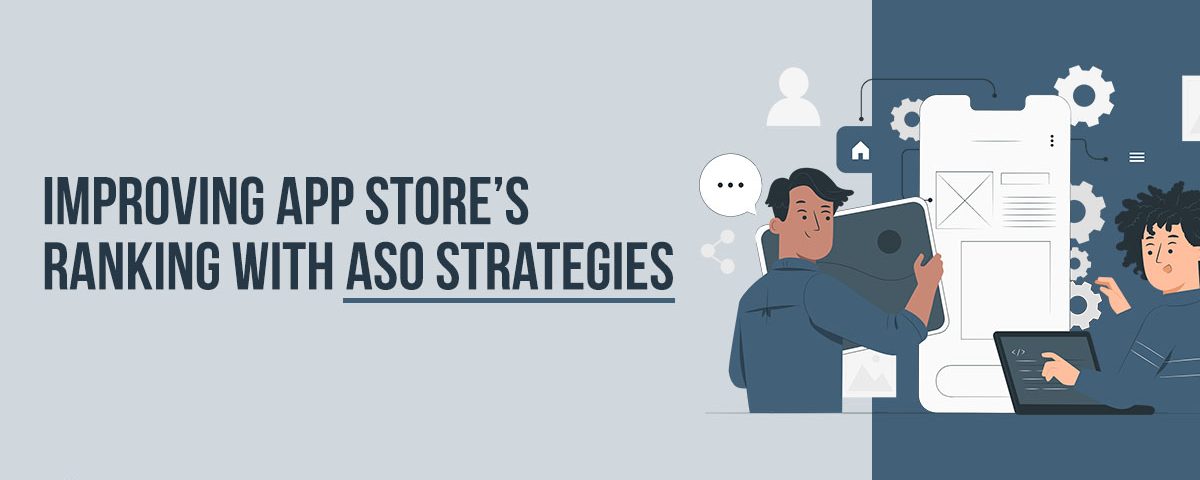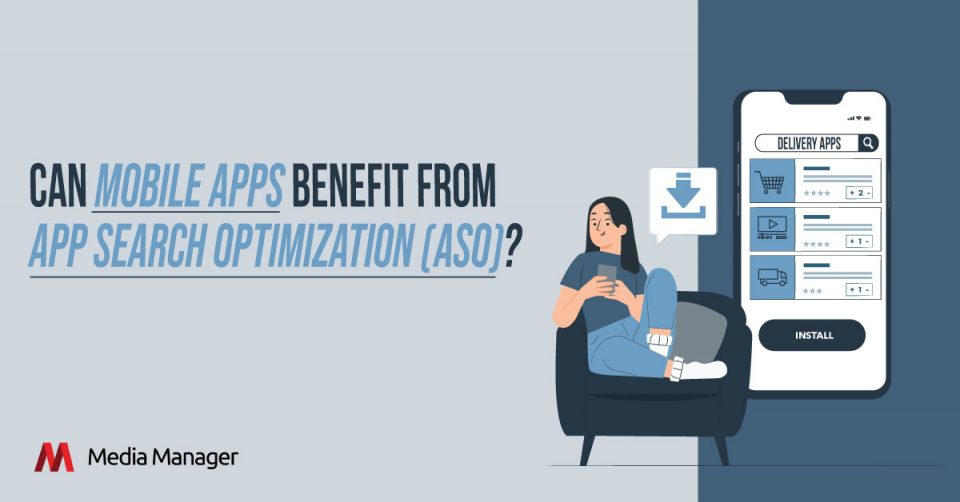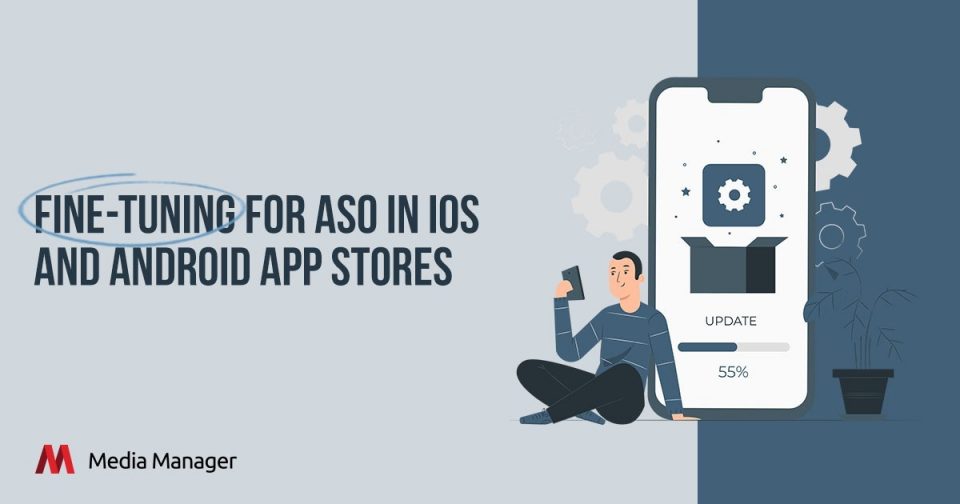
SEO and Digital Marketing: Where Are We Now?
December 28, 2020
SEO Analytics and the Customer Journey: An Inseparable Couple
February 22, 2021
Building an app is an achievement, but getting users to see it in the app stores of mobile operating systems is another thing. Is your app not getting the attention it deserves from users? With hundreds of thousands of apps in the market, app store optimization (ASO) has become a true necessity, and you should know the latest best practices to make the most out of it.
While it has lately been overshadowed by more highbrow technological developments such as machine learning and various AI tools, ASO is still an essential practice to master in creating and releasing apps. It is by nature the same as Search Engine Optimization (SEO) – but is tailored for app store use.
As early as 2013, studies have shown that app store searches account for about 63% of app discoveries. It’s best to consider techniques such as search mechanics and algorithms which shift and change regularly for app store optimization for Android and Apple—two of the most popular mobile OS today.

Tips to Top the Android App Store
The Android app store is more of a vast warehouse. It is so big that it contains more than 2 million apps that grow substantially every year and has several other versions such as the Amazon App Store and Mobile9, but the most extensively used is the Google Play Store. That said, Play Store app search optimization usually guarantees the highest chance for your app to be discovered and downloaded.
Google has been fine-tuning its app search algorithms to deliver better results for users, but several factors are still king: keywords, description, visuals, and ratings. Keywords are vital in creating app titles. Making optimum use of a keyword in the title can boost search rankings for a given title by about 10.3%. Google currently allows up to 50 characters for the app title or name.
Descriptions are also important, as Google encourages app creators to write them as concisely as they can. The description space is limited to 252 characters and trimmed short when initially viewed on your app’s page.
Just like with websites and blog entries, visuals play a key role in getting your app to rank high. An easy-to-remember icon, engaging screenshots and video clips, and just the right amount of supporting overlay text will prompt your potential user to take a good second look.
When that second look happens, ratings and reviews become your best friend. Positive feedback and ratings also help in pulling up rank substantially.

Winning the iOS App Store
In the spirit of cooperation with app creators, Apple has released a short guideline of how their app store works and what practices it favors. The Apple store focuses on keyword use, description, and ratings, similar to Google’s, but adds category filing and in-app purchase promotion as points of interest.
The iOS App Store also allows you 30 characters for subtitles, which you can use to describe your app or game in a few words. Using this in conjunction with selecting the correct primary category gives your product higher consideration for ranking. Choosing the wrong or irrelevant category can get your app rejected from the Apple app store.
Promoting in-app purchases also give potential users a bigger view of what they can do with your app. Apple lets creators showcase up to 20 items, with each having their title and description fields and limited to 30 and 45 characters, respectively.
Tools and Best Practices for both Android and Apple App Ecosystems
Some things are similar for Android and Apple app stores, and those are testing tools, download and engagement count, and proper updating. App creators and even digital marketing services firms can use them to test, optimize, and churn out the ASO strategy needed to make an app competitive in the app store.
Effective ASO strategies sometimes touch on areas outside the app store search bar – this may include well-placed advertisements, backlinks, influencer reviews, incentives, and push notifications. They’re a little tricky to implement but can also make significant contributions to the store search ranking of your app.
Conclusion
ASO looks simple from the outset, but it becomes more complex as competition becomes stiffer. Creating the most effective ASO strategy requires more than just knowledge of your app – you need to know your market and other factors. This can stretch resources thin for busy app-making firms.
Helping app creators get their products on top is Media Manager, a Singapore-based business to business marketing research firm. Using the latest and best techniques in digital marketing and research, we can help you make an ASO strategy with high-quality data and valuable insights. For more information, you can reach out to us via https://www.mediamanager.com.sg/contact/.



